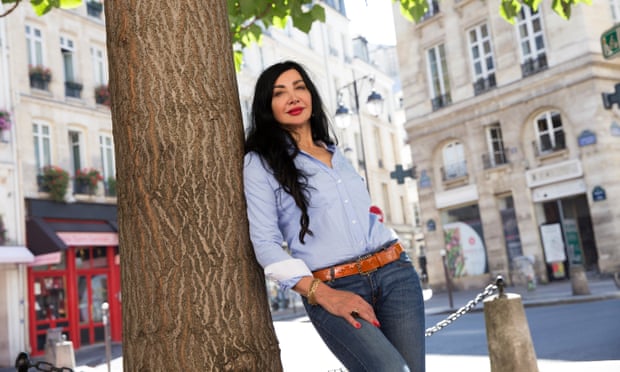
A look at two poets Bejan Matur (who is Kurdish) and Maram al-Masri (who is Syrian) who are part of a new generation of female poets writing about the affects of the ongoing civil war in Syria. According to The Guardian, “their verse combines to create a devastating but richly composed verbal landscape that it is at once epic and intensely human. Raw and lyrical, of the moment but seeped in the memories of their people, immediate and forever.”
“For me, only through writing poetry can I reach my own horizons,” states Bejan Matur. The poet was born in 1968, in the ancient Hittite city of Maraş, in Turkey’s south-eastern corner (Iraq to the south, Iran to the east). “I’m Kurdish, and you learn early that others do not regard or accept the land in which you are born as your own.” Until recently, much of her poetry was written in Turkish rather than her native Kurdish which banned. As a law student in Ankara, Ms. Matur was unjustly arrested for insurgency along with many of her peers. Jailed for one year, Ms. Matur found solace in poetry. “I started to focus on this way of survival. Words – and with them the reality of being – became visible to me. I had a pen and paper in my head, and was speaking the words silently to myself. As in our oral tradition, the words had rhythm, a kind of music – in jail, you cannot feel the energy to sing, but the words gave me balance in the darkness.”
Maram al-Masri was born in Latakia, a port city in Syria. The Guardian notes that her poetry is not “of our time…. it’s more complicated, postmodern, differently tortured than that: this is war poetry from the diaspora, from those who are not there, scattered into limbo.” During the 1970s, Ms. Masri’s poetry began to be published in Arab magazines. In 1987, her first volume of poetry was published followed by a book called “A Red Cherry on a White-tiled Floor.” But today, the implosion of her home-country is all the poet thinks about and dreams about, having affected so many of her dear friends and family. “They say poetry is a weapon, but I don’t think so. Why should poems be weapons? If they are, they simply take us back to the war. Poetry should be an anti-weapon, a means of abating the weapons.”



